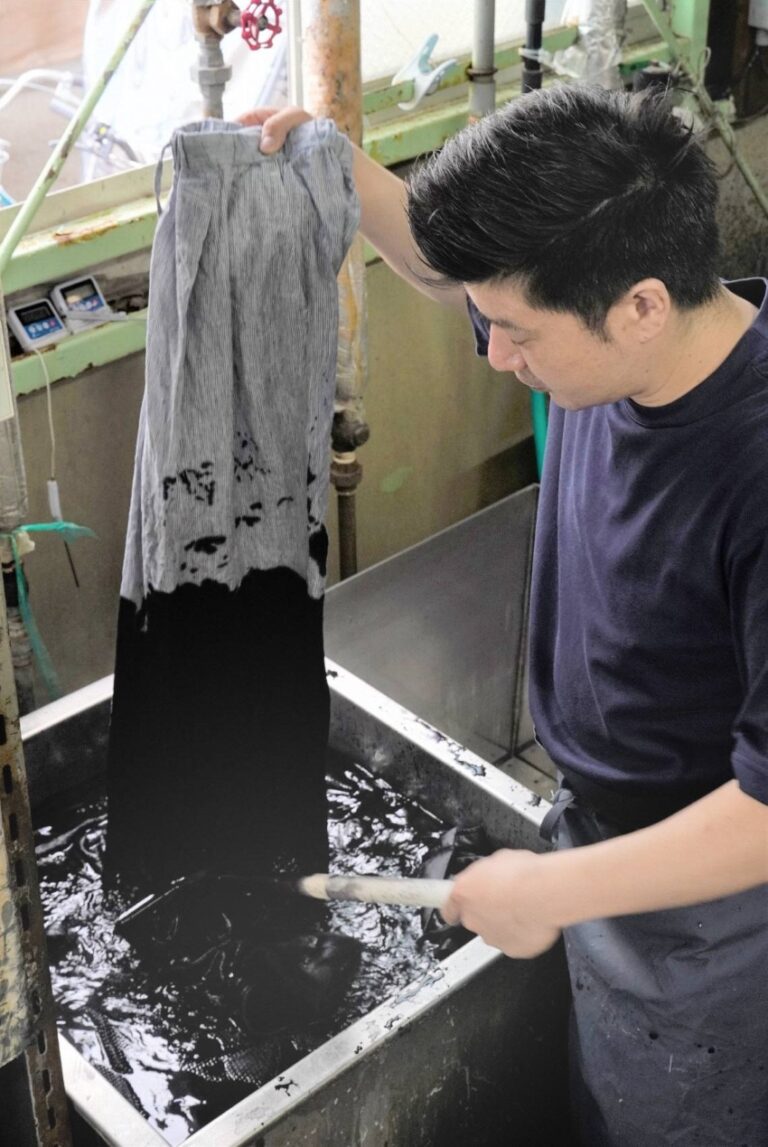
Unless you live under a rock, you’ve probably heard of the SMSF and all the benefits it provides in the latter years in life. You’ve also probably heard about how versatile the fund is, and the concept which it works on. It’s the perfect way to save funds for your retirement days, plus, you can have trustees which can contribute towards it. However, what you might not have heard about it though, are its rules and regulations to which you must oblige, otherwise you’d get hit hard with tax cuts and penalties.
The self managed super fund rules and regulations are overseen by ATO. It’s best you visit their web site and read it thoroughly. This article represents more of a tl;dr version of the self managed super fund rules that you need to pay attention to before you start investing in one.
First and foremost, the fund can’t include more than 4 members. For individual trustees, each trustee has to be a member (single member funds are an exception). For corporate trustees, each director of the corporate trustee has to be a member (single member funds are an exception), and no member of the fund can be an employee of another member of the fund, unless related.
Secondly, the fund must comply with the minimum covenants of the SIS act. Some of the rules include:
- Honest acting in matters that affect the entity
- Keeping fund assets separate
- Act in best interest of the members
- Managing reserves responsibly
- Allow members to have access to information
- Other acts prescribed in the SIS act
And lastly, you have to make sure you can pass the sole purpose test. The sole purpose test requires all the contributed funds towards the fund to be maintained for a single purpose – providing the members with retirement benefits. In order to satisfy the sole purpose test, one of the three core purposes need to be maintained:
- To provide benefits for all members after retirement
- To provide benefits for all members after reaching the age of 65
- To provide benefits to the dependents of a member following their death and/or legal personal representative, given that the member died before retiring or reaching 65 years
If you’re still unsure about all the rules and regulations that come with the SMSF, it’s best you seek professional help and advice. Look for professionals who have been in the industry for a long time so they can show you the right way to go about your SMSF.













